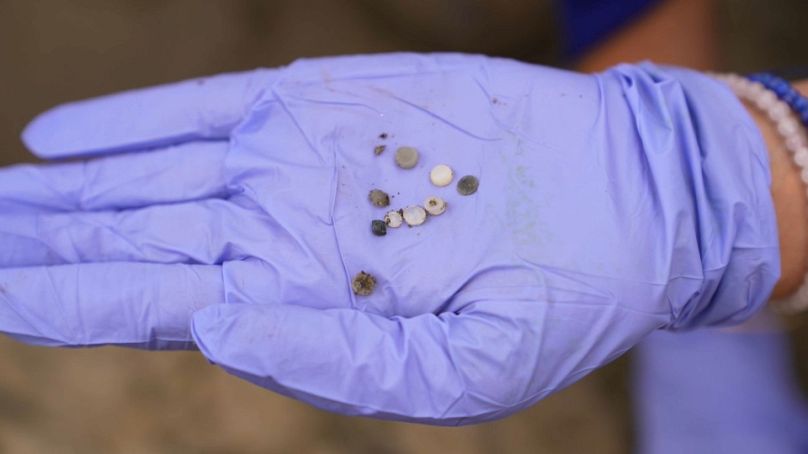LIVES: Litter Free Rivers and Streams, is a pioneering European project tackling the massive problem of plastic in our water systems. So far a staggering 260 tons of waste has been removed since 2018. LIVES drives awareness reminding people that plastic threatens biodiversity, and public health.
How to put an end to litter and the poisonous plastic in our rivers and streams? The Netherlands, Belgium and Germany are working together on a pioneering European project on transboundary river management.
 ADVERTISEMENT
ADVERTISEMENT
 ADVERTISEMENT
ADVERTISEMENT
In the Meuse river basin in the Netherlands, volunteers are collecting tons of rubbish every year that would otherwise end up in the North Sea. The project set-up by the EU, called LIVES: Litter Free Rivers and Streams, is tackling the problem of plastic in cross-border rivers and streams, through joint action. Since 2018 they have collected the staggering sum of 260 tons of waste.
The total budget of LIVES is 1.5 million euros, of which 49% is financed by the European cohesion policy. The remaining 51% comes from the ten or so partners involved, including water-management organisations and universities.
Mapping the areas with the most waste is one of the key objectives of LIVES work, and to do this they have developed a method, which can be replicated elsewhere, in any river. Twice a year, a section of the shoreline is combed and every item found is identified, most of which are plastic, or plastic related, and then logged. The recorded data is then shared by the Meuse-Rhine Euroregion countries along with partners associated with the project. 109 different types of waste have been identified so far.
The removal of plastics from the river banks is only the tip of the iceberg, as many of them end up mixed with soil or sediment. A worrying development are plastic pellets from industry that are becoming increasingly common in our river systems, as described by Silvia Spierts, Project Manager and Senior Project Leader at IVN in the video above.












